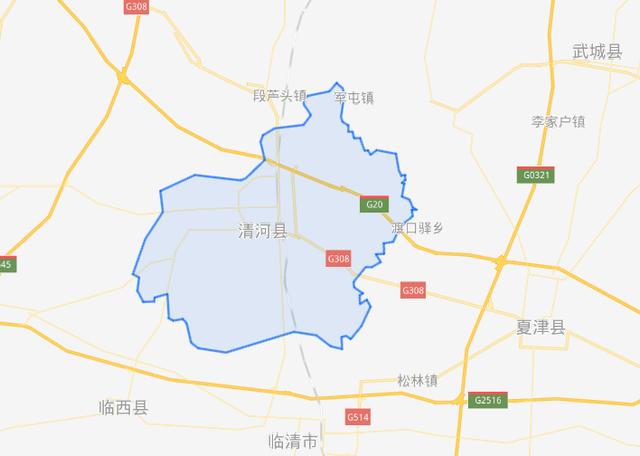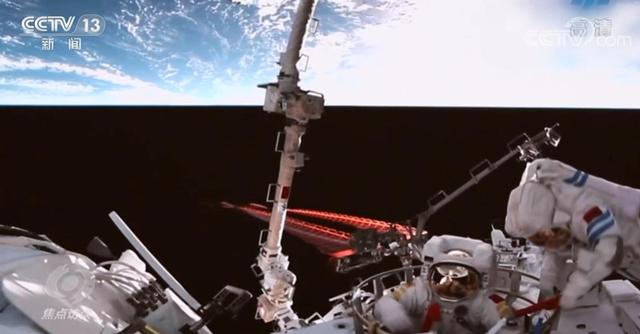应对变化的世界秩序(基于安全同盟的世界秩序更不稳定)
基于安全同盟的世界秩序更不稳定、不安全
作者:王辉耀,全球化智库(CCG)创始人、理事长
来源:南华早报;全球化智库CCG
微信平台编辑:周悦
■ 推动全球化并使繁荣得以传播的世界秩序正在崩溃,被基于安全而非经济的秩序取而代之。
■ 新的安全协议可能导致相互猜疑的恶性循环,抑制增长与创新,并削弱我们应对气候变化等全球威胁的能力。
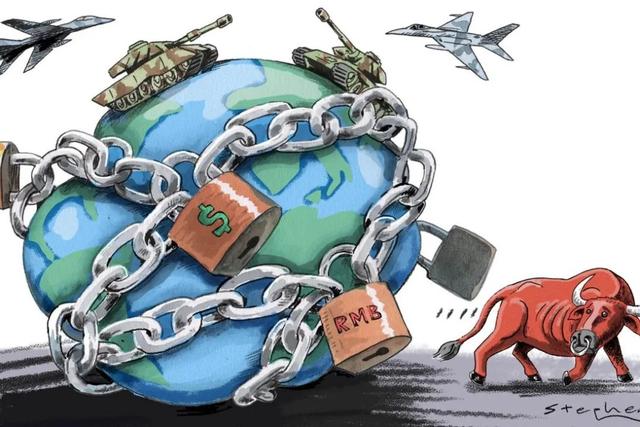
不难感受到——我们正处在一个决定未来很长一段时间的历史决定性时刻。新冠疫情、大国竞争以及目前的乌克兰战争,我们的世界四分五裂。
随着经济复苏乏力,技术变革速度加快,气候变化等全球威胁加剧,挑战倍增。多边主义陷入无序状态,旧的世界秩序正在消亡,新的世界秩序尚未诞生。
从这场动荡中诞生的新世界会繁荣和平吗?我们能够合作应对全球性挑战吗?抑或全球化及其支持的国际秩序会瓦解吗?
1945年,美国总统哈里·杜鲁门(Harry Truman)和国务卿迪安·艾奇逊(Dean Acheson)等战后秩序的设计师在审视被两场全球冲突摧毁的世界时,思考了类似的问题。十年前,大萧条带来了保护主义、经济困境以及民族主义的恶性循环,削弱了全球贸易,并埋下了战争的种子。
这些领导人知道,他们必须防止这种恶性循环再次发生。他们发起了重建欧洲经济的马歇尔计划,成立了国际货币基金组织、世界银行以及后来的世界贸易组织(WTO)。这些机构共同为长期经济合作提供了框架,促进了开放、贸易、繁荣稳定的良性循环。
经济合作是第二次世界大战后经济复苏的基础,也帮助我们从2008年的全球金融危机中重建。不幸的是,当我们开始摆脱新冠肺炎流行病时,目前的趋势更像是20世纪30年代的孤立主义,而不是第二次世界大战后时期。
始于1945年并在冷战后流行的市场一体化正在减弱。尤其在俄罗斯入侵乌克兰后,安全正取代经济成为国际合作的驱动力。
外交政策安全化可能在美国最为明显。自美国前总统唐纳德·特朗普(Donald Trump)削弱世贸组织,并让美国退出《跨太平洋伙伴关系协定》(Trans-Pacific Partnership, TPP)以来,华盛顿方面一直专注于加强军事联盟并打造新的安全协议,如美日澳印四方安全对话(The Quad)和美英澳三边安保联盟协定(Aukus)。
俄罗斯总统弗拉基米尔·普京(Vladimir Putin)入侵乌克兰致使整个欧洲的外交政策发生了巨大变化。欧盟计划建立一支快速部署部队,各国正在摒弃长期以来的禁忌。德国正在增加军费开支,芬兰和瑞典也在向加入北约(NATO)迈进。
亚洲的情况则更为复杂。该地区已成为经济多边主义的焦点;与此同时,对安全的担忧也在上升。
四方安全对话变得更加活跃,韩国新政府也表示有兴趣加入。日本一些保守派成员正推动修改宪法,摒弃和平主义。
上个月,中国证实与所罗门群岛签署了安全协议。亚洲各国的军费支出都在上升,2010年至2020年间增长了近50%。
过去的两年已经表明,我们对供应链中断是多么脆弱。将重心从效率转移到弹性与安全是可以理解的,也是可取的;但如今存在着可能会转向另一个极端的危险。
各国可能退出全球化,只与少数盟友进行贸易,甚至退至自给自足状态。在与其他国家打交道时,放弃自由贸易,追求狭隘的国家安全概念,不会让我们更安全。相反,它将使世界变得更危险、更贫穷,更容易受到气候变化等全球性威胁。
首先,历史表明,新的安全协议可能会造成安全困境,从而破坏稳定。一国为加强自身安全采取的行动,例如组建新联盟,可能会使其他国家感到不安全。这可能会引发反制措施以及相互猜疑的恶性循环,使原本的国家变得不那么安全。
这种动态出现在第一次世界大战爆发前的几年。欧洲国家结成联盟以加强自身安全,后来却变成了亨利·基辛格(Henry Kissinger)所说的“外交末日机器”,使得奥地利的弗朗茨·斐迪南大公Archduke Franz Ferdinand被暗杀,引发了一场致命的全球冲突。
随着新的安全举措带来了风险,限制自由贸易和投资也削弱了这些联系带来的好处。普京入侵乌克兰表明,经济合作并不能阻止战争,但通过将各国利益联系起来,并使贸易伙伴人性化,它仍然可以成为一股稳定的力量。
其次,在全球经济已经受到通货膨胀、供应链中断以及乌克兰战争的严重压力之际,闭关自守会抑制增长与创新。此举铤而走险,有可能使数十亿人陷入贫困、匮乏与饥饿。
如果我们为了安全而非效率重新配置供应链,价格只会更高。正如最近一份报告所指出的那样,使供应链更具弹性的方法是通过更多而非更少的多样化。
最后,将重点从经济合作转向传统的安全问题会损害我们共同应对全球威胁的能力。如果欧美科学家减少与中国、俄罗斯同行的合作,制定解决方案的进展将举步蹒跚。如果全球凝聚力和治理机制进一步削弱,我们实施联合解决方案的能力亦会受到影响。
世界各国领导人必须认识到这些风险,以及这些风险决定疫情和乌克兰战争后世界将变成什么样的力量。我们决不能让安全关切主导政策制定,使我们的世界更加四分五裂、兵戈相向。
相反,我们必须找到确保经济合作蓬勃发展的方法,以便我们能够建设一个即使分裂,也和平、繁荣和更好地受到保护,免受全球性灾难的世界。
英文原文:
World order driven by security concerns will be poorer and less safer
■ The world order that drove globalisation and allowed prosperity to spread is crumbling and being replaced with one based on security rather than economics.
■ New security arrangements can lead to a spiral of mutual suspicion, stifle growth and innovation, and hamper our ability to address global threats like climate change.
SCMP Opinion
By Wang Huiyao | Founder of
the Center for China and Globalization(CCG)
It is hard to escape the feeling that we are at a decisive moment in history that will determine the future for a long time to come. Our world is riven by the Covid-19 pandemic, great power rivalry and now the war in Ukraine.
Challenges are multiplying as economic recovery sputters, the rate of technological change accelerates and global threats such as climate change intensify. Multilateralism is in disarray and the old world order is dying, but a new one is yet to be born.
Will the new world that emerges from this tumult be prosperous and peaceful? Will we be able to cooperate and manage global challenges, or will globalisation and the international order that supports it collapse?
In 1945, architects of the post-war order such as US President Harry Truman and Secretary of State Dean Acheson pondered similar questions as they surveyed a world destroyed by two global conflicts. A decade earlier, the Great Depression brought a vicious spiral of protectionism, economic hardship and nationalism that crippled global trade and sowed the seeds of war.
These leaders knew they had to prevent that cycle from repeating. They launched the Marshall Plan to rebuild European economies and formed the International Monetary Fund, World Bank and what would eventually become the World Trade Organization (WTO). Together, these institutions provided a framework for long-term economic cooperation that fed a virtuous cycle of openness, trade, prosperity and stability.
Economic cooperation was the foundation of the recovery from World War II, and it also helped us rebuild from the 2008 global financial crisis. Unfortunately, as we begin to emerge from the pandemic, current trends more resemble the isolationist 1930s than the post-World War II period.
The market integration that began in 1945 and spread after the Cold War is waning. Security is overtaking economics as the driving force behind international cooperation, especially after Russia’s invasion of Ukraine.
The securitisation of foreign policy is perhaps most evident in the United states. Since former US president Donald Trump crippled the WTO and withdrew the US from the Trans-Pacific Partnership, Washington has focused on strengthening military alliances and forging new security arrangements such as the Quad and Aukus.
Russian President Vladimir Putin’s invasion of Ukraine has caused a sea change in foreign policy across Europe. The European Union plans to create a rapid deployment force, and countries are abandoning long-held taboos. Germany is increasing its military spending, and Finland and Sweden are moving towards joining Nato.
The picture is more mixed in Asia. The region has become a focus of economic multilateralism, but at the same time security concerns are rising.
The Quad is becoming more active, and the incoming administration in South Korea has expressed interest in joining. In Japan, some conservatives are pushing to revise the constitution and abandon pacifism.
Last month, China confirmed it had signed a security agreement with the Solomon Islands. Military spending is on the rise across Asia, growing by almost 50 per cent between 2010 and 2020.
The past two years have shown how vulnerable we are to supply chain disruptions. Shifting priorities from efficiency to resilience and security is understandable and desirable, but now there is a danger the pendulum will swing to the other extreme.
Countries might withdraw from globalisation, only trading with small groups of allies or even retreating into autarky. Turning away from free trade and pursuing narrow conceptions of national security in dealing with other nations will not make us safer. Instead, it will make the world more dangerous, poorer and more prone to global threats such as climate change.
First, history suggests new security arrangements could have a destabilising effect by creating a security dilemma. One state’s actions to enhance its security, such as forming a new alliance, could make others feel less secure. This could trigger countermeasures and a spiral of mutual suspicion, leaving the original state less secure.
This dynamic emerged in the years leading up to World War I. European countries forged alliances to enhance their security but became what Henry Kissinger called a “diplomatic doomsday machine”, allowing the assassination of Archduke Franz Ferdinand of Austria to ignite a deadly global conflict.
As new security initiatives create risk, curtailing free trade and investment also weakens the benefits of these linkages. Putin’s invasion shows economic cooperation doesn’t prevent war, but it can still be a force for stability by linking countries’ interests and humanising trade partners.
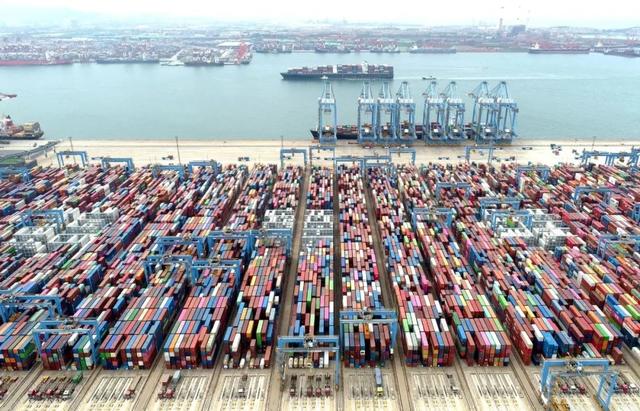
Containers and cargo vessels at the Qingdao port in Shandong province, China, on May 9. There is a danger that countries might withdraw from globalisation, only trading with small groups of allies. Photo: China Daily/Reuters
Second, turning inward will stifle growth and innovation at a time when the global economy is already under severe strain from inflation, supply chain disruptions and the war in Ukraine. This risks tipping billions of people into poverty, destitution and hunger.
Prices will only go higher if we reconfigure supply chains for security rather than efficiency. As a recent report points out, the way to make supply chains more resilient is by more diversification, not less.
Finally, turning our focus from economic cooperation to traditional security concerns will hurt our collective ability to address global threats. Progress on developing solutions will falter if US and European scientists collaborate less with their Chinese and Russian counterparts. Our ability to implement joint solutions will also suffer if global cohesion and governance mechanisms are further weakened.
World leaders must recognise these risks and their power to shape what kind of world emerges from the pandemic and the war in Ukraine. We must not allow security concerns to dominate policymaking and make our world more fragmented and militarised.
Instead, we must find ways to ensure economic cooperation thrives so we can build a world that, even if divided, is peaceful, prosperous and better protected from planetary disasters.
From SCMP, 2022-5-19
*声明:本文仅代表作者个人观点,不代表本公众号立场

数字经济智库


政治学与国际关系论坛
为了更好的服务数字中国建设,服务“一带一路”建设,加强数字经济建设过程中的理论交流、实践交流。来自中国数字经济以及“一带一路”建设领域的专家学者们成立了数字经济智库,为数字中国的建设添砖加瓦。商务部原副部长魏建国担任名誉院长,知名青年学者黄日涵、储殷等领衔。政治学与国际关系论坛是数字经济智库旗下的专门平台。
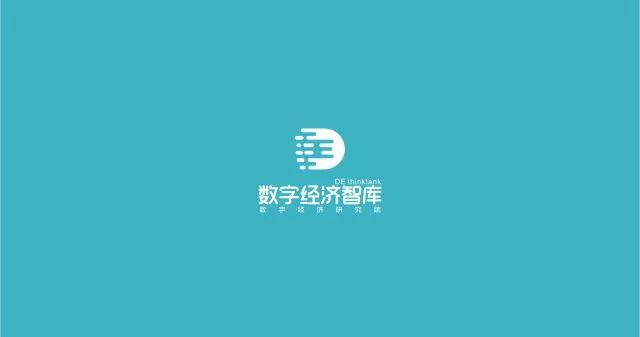
免责声明:本文仅代表文章作者的个人观点,与本站无关。其原创性、真实性以及文中陈述文字和内容未经本站证实,对本文以及其中全部或者部分内容文字的真实性、完整性和原创性本站不作任何保证或承诺,请读者仅作参考,并自行核实相关内容。文章投诉邮箱:anhduc.ph@yahoo.com

